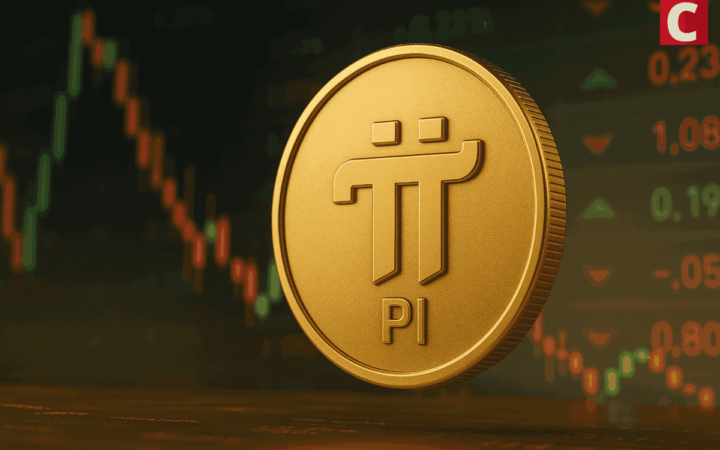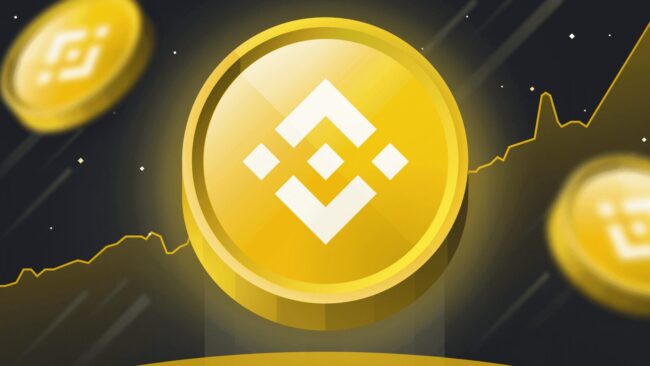- Facing Trump sanctions, Venezuela accepts crypto from China for oil sales
- Strategy aims to bypass US financial system amid hyperinflation fears (600%+ projected)
- Maduro authorized crypto exchanges earlier, enabling this sanctions evasion route
Cornered by harsh economic sanctions imposed by the Trump administration, President Nicolas Maduro’s Venezuelan government is now reportedly leveraging cryptocurrency as a critical financial lifeline. The strategy centers on accepting crypto payments, primarily from China, in exchange for Venezuelan oil, allowing the regime to bypass the US-controlled traditional financial system and mitigate the sanctions’ crippling effects.
This bold move into crypto finance occurs as Venezuela stares down dire economic forecasts, underscoring the potential for digital assets to serve as tools for nations attempting sanctions evasion.
How Venezuela Weaponized Crypto Against Trump’s Sanctions (China Oil Deals)
Reports indicate Venezuela has established a direct crypto payment channel for its oil exports, particularly with China. Instead of routing dollar-based payments through international banks vulnerable to US oversight, China allegedly transfers cryptocurrency directly. These crypto funds are then reportedly channeled into Venezuela’s economy via specially authorized domestic crypto exchanges.
Think of it as creating a parallel financial track: one operating entirely outside the reach of conventional banking sanctions. This makes Venezuela arguably the first nation attempting to manage a significant portion of its public finances using cryptocurrency infrastructure on such a scale, purely out of necessity.
The imposed sanctions impacted Venezuela’s recovering economy, setting it back a long way, amid bleak projections. For instance, economic analysts project that Venezuela’s inflation rate will increase by 600% from 50% this year. That could trigger a spike in the price of goods and services, plunging the economy into hyperinflation by 2026.
A President’s Foresight
In anticipation of the current development, Maduro prepared ahead by authorizing the country’s first crypto exchanges shortly after Trump won re-election. That has paved the way for a broader shift toward financial assets that are not prone to traditional sanction enforcement. Hence, the country’s ability to sell its oil to China for crypto, as mentioned above.
Although Venezuela has so far managed to sustain its economy via the crypto route, the sustainability thereof remains to be seen. In the meantime, Maduro’s vice president and economic czarina, Delcy Rodríguez, is supporting the government’s economic efforts by privatizing the country’s natural resources to bolster export revenues. Rodriguez has so far handed over dozens of the country’s smaller oil fields to private investors.
Related: How Crypto Became an Everyday Tool in Venezuela
Disclaimer: The information presented in this article is for informational and educational purposes only. The article does not constitute financial advice or advice of any kind. Coin Edition is not responsible for any losses incurred as a result of the utilization of content, products, or services mentioned. Readers are advised to exercise caution before taking any action related to the company.
Source: https://coinedition.com/venezuela-crypto-oil-sales-china-sanctions-evasion-trump/


